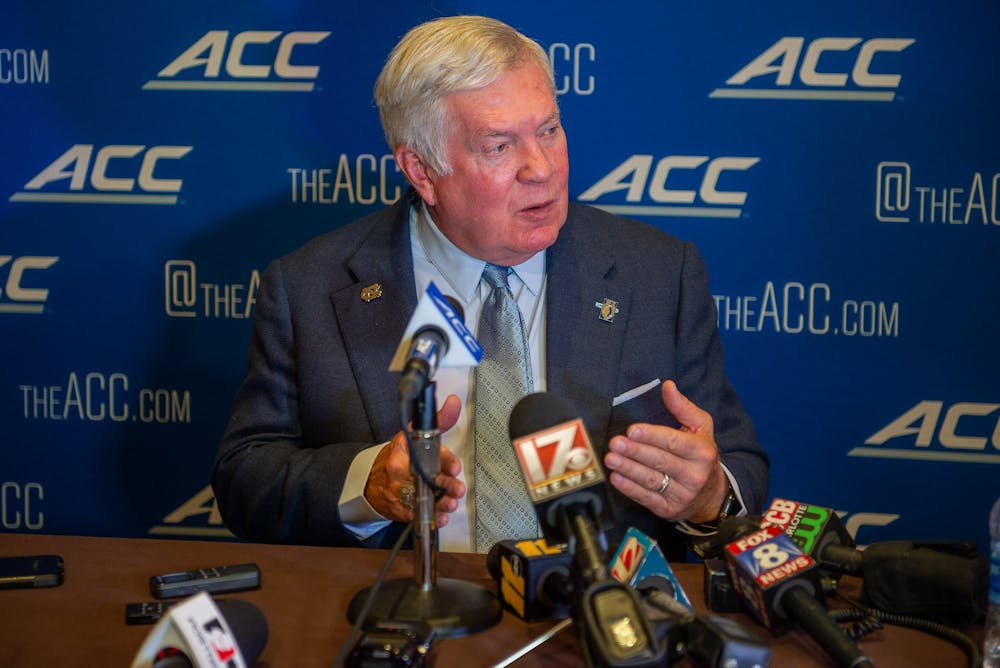The economics of college sports is powered by behemoth television contracts that each of the major athletic conferences sign with competing networks. Football, long considered to be the cash cow of most athletic departments, is typically the driving force behind these deals.
For an individual school, this means that the more lucrative its conference's TV deal is, the more revenue that school can haul in annually. This structure incentivizes schools to follow the money and seek out athletic conferences that can pay out better, rather than ones that make more sense geographically.
Oklahoma and Texas shook the college athletics landscape in 2021 when the schools announced they were leaving the Big 12 to join the SEC. In June, when California schools USC and UCLA announced they were leaving the Pac-12 to join the Big Ten, a conference headquartered in Illinois, realignment became a national topic of conversation yet again.
“I would’ve bet my life that would never happen,” North Carolina football head coach Mack Brown said of the move at the 2022 ACC Football Kickoff in July.
Realignment, however, isn’t a new concept in college athletics.
“If you go back and look at throughout the whole history of conferences and schools, there's been a lot of realignment,” Louisville head football coach Scott Satterfield said at the ACC Football Kickoff. “It seems to happen a lot. I was a part of it when I was at Appalachian State. We moved divisions and moved conferences.”
There have been multiple instances of realignment in the ACC, which was formed in 1953 when seven members of the Southern Conference, including UNC, left to form the new conference.
The last major conference realignment frenzy happened in the early 2010s.
In 2012, Maryland — a founding member of the ACC — announced it was leaving to join the Big Ten, effective starting the 2014-2015 school year. Syracuse, Pittsburgh and Notre Dame — save for the Fighting Irish's independent football program — all joined the ACC in 2013, and Louisville followed a year later to fill the gap left by the Terrapins' departure.



